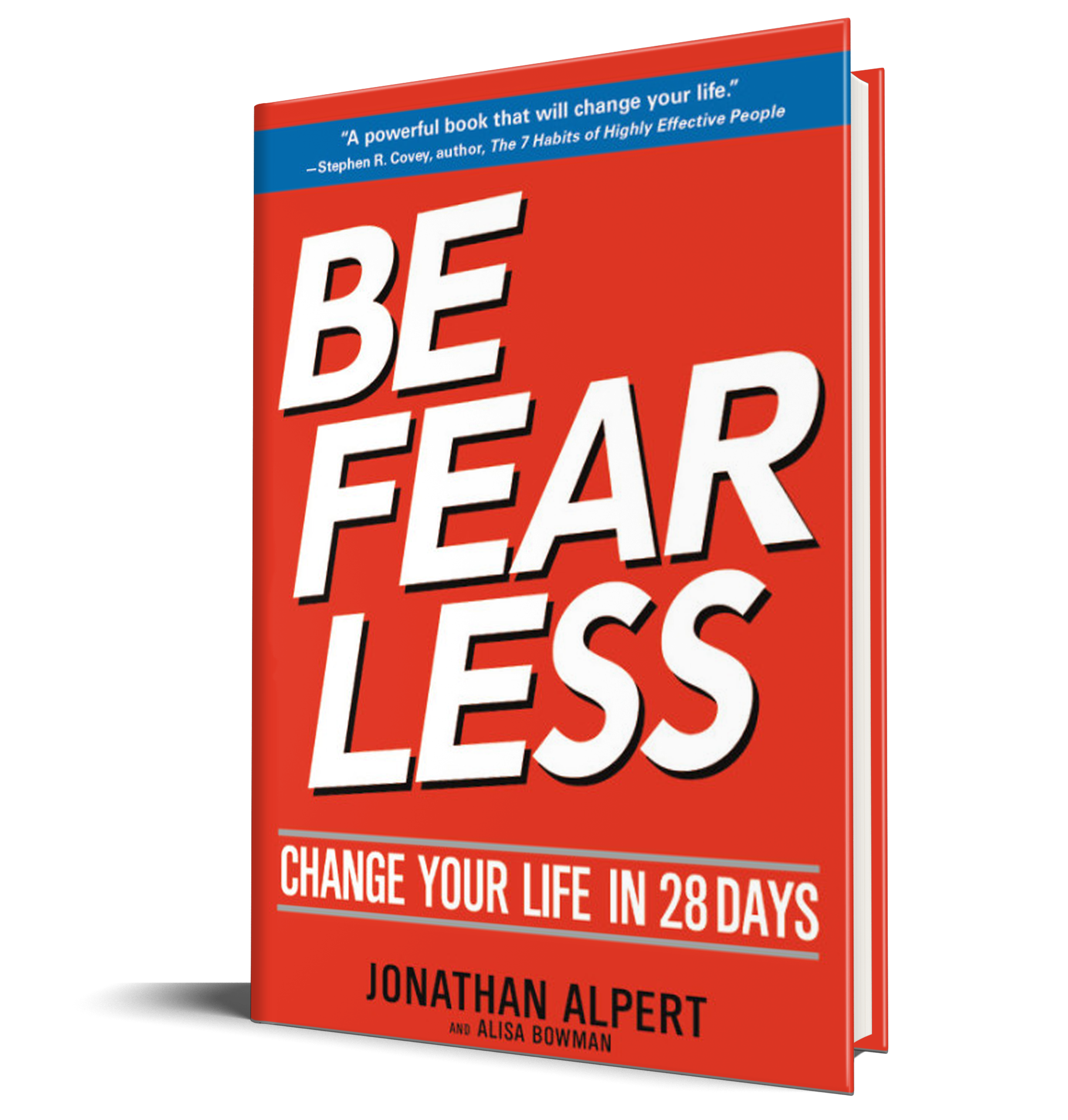As we head into February and the thick of winter, some people might find themselves feeling low and as though there’s no end in sight to the cold. For some, Seasonal Affective Disorder (SAD) (regardless of how much snow falls or how low temperatures drop) can significantly impact their moods. Cold temperatures and annoying snow storms provide fertile ground for people to develop such symptoms.
SAD is a mood disorder, and although it is generally thought of as a winter problem, it can also occur in other seasons. For example, the heat of summer can have a profound negative impact on someone’s mood. The major distinction between SAD and other forms of depression is that it occurs at the same time every year, for at least two years, and there’s a remission of symptoms off-season. It usually begins in the fall in anticipation of the long, cold winter and lasts until early spring.
During this time peoples’ energy levels are low and there’s a tendency to isolate and oversleep. People may have difficulty concentrating and feel hopeless. People dealing with SAD may also lose interest in things they typically enjoy and crave carbohydrates, thus putting on weight.
Here’s how you can be happier starting now:
1. Get exposure to outdoor light.
Yes, even though it’s cold, bundle up and get outside and walk for at least 10 minutes a day. Light enters the brain through the eyes and impacts serotonin and dopamine, two neurotransmitters that play a role in mood.
2. Get moving.
Head to the gym and exercise or take the stairs at work. Aerobic exercise in particular stimulates endorphins and can help you to feel better. It’s also a good way to burn stress and if you’re exercising in a gym or part of a group it provides social interaction which also helps with depression.
3. Get out of town.
A weekend trip to warmer climates can work wonders. I advise all my patients who are prone to SAD to plan, if affordable, a weekend getaway to Florida or the Caribbean. It gives the person something to look forward to when they might otherwise dwell on the long cold winter and it provides a healthy dose of sunshine and warmth.
4. Get closer to the window.
If possible arrange your office so that your desk is closer to the outside and to sunshine. This will provide natural light which will also help to enhance your mood. If this isn’t possible consider a light therapy box. This is a device that creates an artificial light mimicking natural light.
5. Get social.
As with other mood disorders surrounding yourself with understanding, supportive, and encouraging people can help lift your spirits. Find people whom you trust and lean on them for support and plan such activities as movies and dinners.
6. Change your attitude about winter.
Rather than dreading it and seeing it as a long endless season, see it as an opportunity to get involved with new activities. Perhaps skiing, sledding, or ice skating are fun activities worth trying with your friends. Embrace those things that are only available for a limited time every year.
For more tips on living a healthy and stress-free life, check out my book Be Fearless: Change Your Life in 28 Days.



